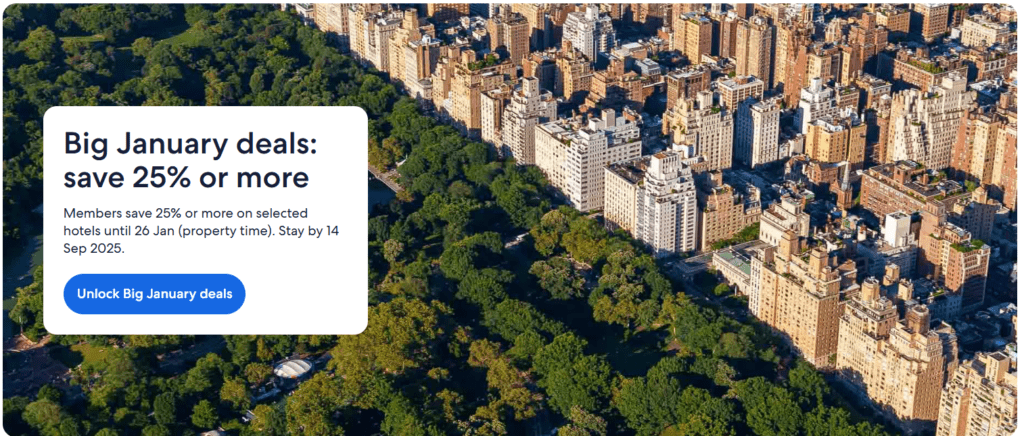Introduction to Online Travel Agencies
In today’s digital age, planning a trip has never been easier. With just a few clicks, you can explore stunning destinations, book luxurious hotels, and find the best deals on flights. But with so many online travel agencies (OTAs) at your fingertips, how do you choose the right one? Among them stands Expedia—a giant in the world of travel booking. However, it faces stiff competition from various other platforms.
This article dives into an exciting comparison between Expedia and its competitors. We’ll dissect their user experiences, customer support systems, unique features, and more to see which OTA truly reigns supreme in helping you plan unforgettable adventures. Whether you’re a seasoned traveler or someone planning your first getaway, this breakdown will help guide your next booking decision!
Overview of Expedia and its Competitors
Expedia is a major player in the online travel agency (OTA) landscape. Founded in 1996, it has grown to become one of the largest platforms for booking flights, hotels, and rental cars. Its user-friendly interface and extensive inventory attract millions of travelers each year.
However, Expedia faces stiff competition from other OTAs like Booking.com, Kayak, and Orbitz. Each competitor brings its own strengths to the table. For instance, Booking.com is renowned for its vast selection of accommodations worldwide. It caters primarily to travelers seeking unique stays.
Kayak excels at comparing prices across multiple sites, making it an excellent choice for budget-conscious users. Orbitz offers rewards programs that can be enticing for frequent travelers looking to save on future trips.
These competitors create a dynamic environment where consumers have many options tailored to their specific needs.
User-Friendly Interface: Expedia vs Competitors
Navigating an online travel agency should be a breeze. When it comes to user-friendly interfaces, Expedia stands out for its clean design and intuitive layout. Users can easily search for flights, hotels, or vacation packages with minimal clicks.
Competitors like Booking.com and Kayak offer similar functionality but differ in presentation. Booking.com emphasizes visuals, featuring large images that entice users while they browse accommodations. This might appeal more to visual learners who enjoy seeing their options upfront.
On the other hand, Kayak’s minimalist interface prioritizes speed and efficiency. Their streamlined approach helps users quickly find what they need without distractions.
Each platform has its strengths regarding usability. It ultimately comes down to personal preference in how information is displayed and accessed during your travel planning journey. Whether you prioritize aesthetics or efficiency can influence your overall experience significantly.

Customer Service and Support: Expedia vs Competitors
When booking travel online, customer service can make or break the experience. Expedia offers 24/7 support through various channels, including phone and chat. However, response times may vary.
Competitors like Booking.com prioritize user-friendly FAQs and self-service options. This appeals to tech-savvy travelers who prefer finding solutions independently.
Airbnb’s approach is unique; they focus on host communication to resolve issues directly. While this fosters community interaction, it can lead to delays if hosts are unresponsive.
Travelocity emphasizes personalized assistance with dedicated agents for complex inquiries. Their commitment shines in difficult situations but may lack the immediacy some users desire.
Each platform has its strengths and weaknesses regarding customer service. Travelers should consider their own needs when evaluating support options across these agencies.
Unique Features and Offerings: Expedia vs Competitors
Expedia stands out with its robust package deals. Travelers can bundle flights, hotels, and car rentals for significant savings. This one-stop-shop approach simplifies planning.
On the other hand, competitors like Booking.com focus heavily on accommodations. They offer a vast selection of listings, including unique properties like villas and boutique hotels. It’s perfect for those seeking something different.
Airbnb has carved a niche by providing local experiences alongside stays. Users can book activities led by locals, enriching their travel experience in ways traditional agencies often overlook.
Travelocity brings a price match guarantee to the table, reassuring users they’re getting the best deal possible. This adds an extra layer of confidence when booking trips.
Each platform has tailored offerings that cater to diverse traveler needs and preferences—whether it’s affordability or unique experiences that attract you most.
Comparison of User
When it comes to user experience, the choice between Expedia and its competitors can be quite telling. Each platform has its strengths and weaknesses.
Expedia offers a comprehensive search tool that allows users to filter their options based on price, location, amenities, and more. The interface is straightforward, making it easy for travelers to find what they need quickly. However, some users have reported issues with the speed of the site during peak times.
On the other hand, platforms like Booking.com excel in providing a vast array of accommodation options. Users appreciate detailed property descriptions and real-time availability updates. This level of transparency often gives Booking.com an edge when it comes to booking hotels specifically.
Airbnb stands out from traditional OTAs by offering unique stays that aren’t available elsewhere. Travelers seeking something different might prefer this option over standard hotel listings found on Expedia or others.
Customer reviews play a significant role across all platforms as well. While both Expedia and its competitors display ratings prominently, some sites prioritize user-generated content more effectively than others.
Your choice will depend on your specific travel needs and preferences—whether you prioritize ease-of-use or diverse lodging options—or perhaps even personalized service offered by smaller agencies not mentioned here. Each platform brings something unique to the table; it’s about finding which one aligns best with your travel style.

